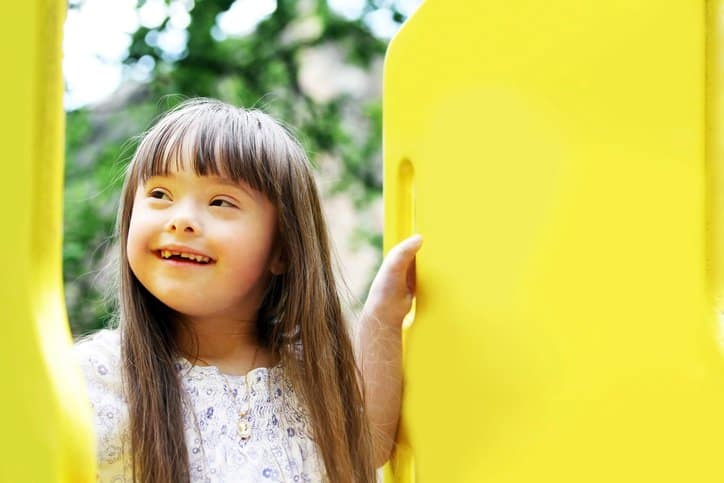
Children with Down syndrome can and do become bilingual. Initial findings of a research study at Bangor University suggest that speaking two languages is not in any way detrimental to the language development of children with Down syndrome. Bangor University is working with the Down’s Syndrome Association in Wales to examine language in Welsh–English bilingual children with Down syndrome and children exposed to English only. Researchers tested expressive and receptive language skills, as well as phonological awareness, the ability to manipulate speech sounds, in both languages. The English of the two groups was found to be at the same level.
Rebecca Ward, postgraduate researcher working on the project, explains: “We are finding that there are no differences between the English of the bilingual children and the English of the monolingual children with Down syndrome. In addition, their Welsh skills are in line with the skills of typically developing children of the same developmental age.” The research team is led by Dr. Eirini Sanoudaki, who is senior lecturer in language acquisition at Bangor University and has been researching language in children with Down syndrome for over ten years. Dr. Sanoudaki explains: “These are exciting findings and an important step towards supporting bilingual families. Parents of children with Down syndrome have been traditionally advised against exposing their children to two languages, for fear that the children would not be able to cope. We are now seeing that there is no basis for such fears. The children are making excellent progress in both languages.
“Children with Down syndrome can speak two languages. We are happy to be able to provide information which can support and empower families in their decisions.”





